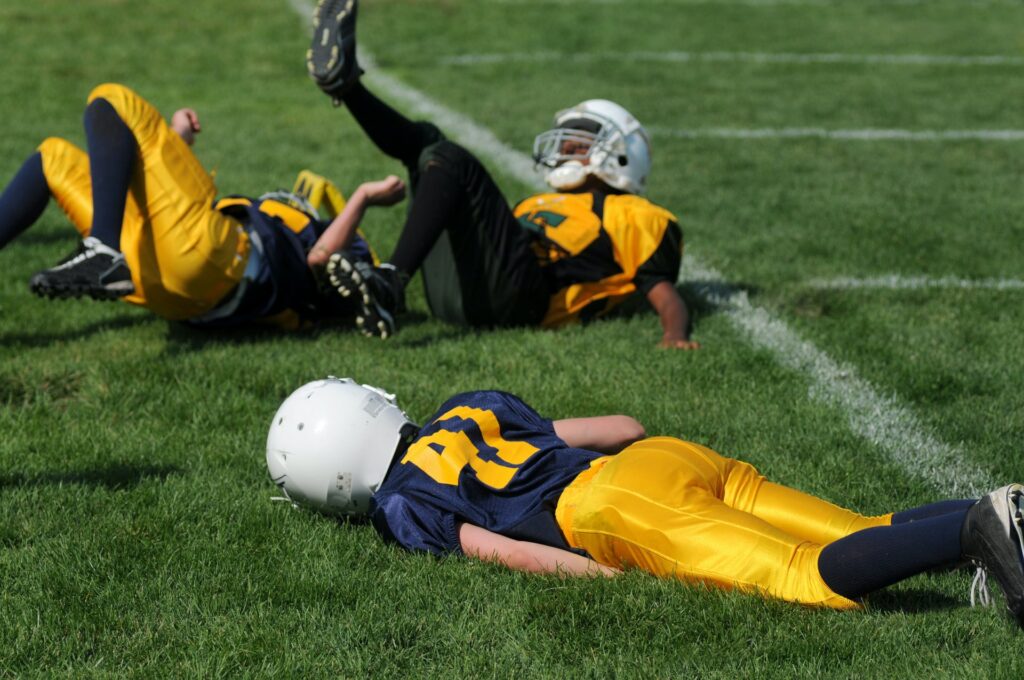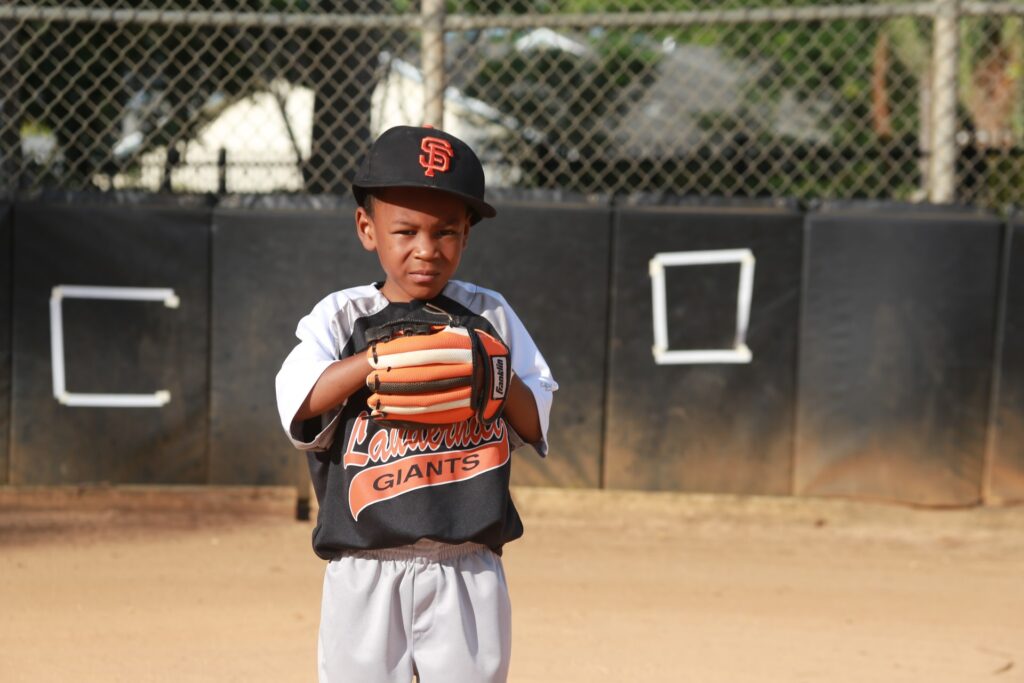
You have just reached one of the pinnacles of parenthood. Your child comes to you and expresses a desire to play a team sport. Maybe it’s football. Perhaps it’s volleyball or basketball. It really doesn’t matter. What matters is that you have been waiting for this moment for years. But then the other shoe drops. Your child also wants you to coach the team.
It turns out the team has plenty of enthusiastic players. They are only lacking a coach. Knowledge of that fact has put you between a rock and a hard place. Is your child’s desire to play important to you? Of course, it is. Is the need for a new coach legitimate? Absolutely. Yet you somehow feel you are not the right parent for the job.
You sincerely want your child to play. Yet that’s not going to happen if someone doesn’t step up and volunteer to coach. Will you do it? After all, you’ve never attempted something like this before. But at this point, you don’t seem to have a choice. You either coach or watch your child suffer the disappointment of not being able to play.
Well, future coach, your time has come. Here are eight things you will need to coach your kid’s team:
1. Patience

The first thing you are going to need is patience – and plenty of it. Children are easily distracted. They do not concentrate very well for long periods of time. And heaven forbid they find themselves in the midst of a losing streak. Getting them to give their best effort can seem like climbing Mount Everest.
It takes a lot of patience to coach children in group sports. You have to be willing to let them fail. At the same time, it’s your responsibility to set them up for as much success as they can achieve. You have to overlook certain things, too. You cannot push them so hard that they give up. You have to be equal parts teacher and juggler. It is not easy.
2. Knowledge
You might be the kind of person to whom winning isn’t important. You would rather the kids go out and have a good time. That’s fine, but they won’t have a whole lot of fun if they are routinely embarrassed on the field. Understand that their performance will be directly correlated to your ability to teach them what they need to know to do well.
You need at least a rudimentary knowledge of the sport you are coaching if you hope to prevent that. It is in your best interest to understand the fundamentals of play. You should know the rules inside and out. A bit of strategic knowledge wouldn’t hurt, either.
3. Basic Skills

You should probably have some basic skills to go along with your knowledge. After all, it’s one thing to explain proper technique; it’s another thing to demonstrate it. If you lack the skill to show the kids how to do what you want them to do, it’s going to be awfully tough to teach them.
This might automatically disqualify you as a coach. But probably not. It’s not as if the kids need a pro. They just need someone who can do what they are being asked to do. They just need someone who can do what they are being asked to do. But if you really know how to play the sport, you don’t need to worry. You might consider getting yourself some sports machines and equipment from www.anytimesportssupply.com to help out in teaching them basic skills.
4. Enthusiasm
Next up, your child is probably super pumped about having you as a coach. Reciprocating with the same amount of enthusiasm goes a long way toward motivating the team. They might have enough enthusiasm of their own for the first few weeks, but it’s going to wane. You will need extra enthusiasm they can feed off. Know this: if you lose your enthusiasm, so will the kids.
5. A Plan

With all the intangibles out of the way, there is a long list of practical things as well. First on that list is a plan. How do you intend to teach the kids the skills they need to play well? How do you intend to minimize risks and enhance safety? How are you going to take a team of kids that have never played before and teach them a game they have only seen on television?
Going into a coaching situation without a plan is a recipe for disaster. On the other hand, a plan acts as a blueprint for achieving goals. It is also a measurement of success and failure, allowing you to make adjustments as you go.
6. First Aid Supplies
First aid boxes, or kits if you prefer, are a staple of organized sports. Rest assured that every one of your kids will experience an injury during the season. Most will be minor scrapes and cuts. Some will be more serious, like sprains and broken bones. You would be smart to make sure you have a full battery of first aid supplies on hand for every practice and match. A good assortment of first aid kits can be found at Seton for very reasonable prices.
7. Assistant Coaches

No coach, no matter how knowledgeable or skilled, can handle an entire team without help. You are going to need at least a few assistant coaches capable of teaching and managing. Perhaps you have some friends or co-workers willing to step up. If not, send out an invitation to your kids’ parents.
You would be wise to choose assistant coaches with the same level of patience and enthusiasm you exhibit. You and your assistants all need to be on the same page. Otherwise, your different personalities could end up hurting the team.
8. Parent Volunteers
You will hopefully have at least a few parents willing to volunteer to help. They can ferry the team to and from matches. They can help keep the kids focused during practice. They can handle concessions and run the team bake sale. Needless to say that no successful sports team can manage without parent volunteers.
If you have all eight of these things, you are good to go. All that remains is to wish you good luck. May your team have a lot of fun and win plenty of matches, all without hurting themselves or their opponents.











